Europäisches Parlament / Pietro Naj-Oleari
Cumulated election results of the PES/S&D family (Socialists & Social Democrats) in the last national parliamentary election
Summary and latest developments
- Parties belonging to the EPP family are (in national polls) the strongest political family in 12 countries (-1 compared to the last party barometer). The Socialist family is leading in 7-8 (+1/2), the Liberal family in 3-4 (0/+1) countries (in Belgium there is a tie between Socialists and Liberals), the Eurosceptic Conservatives in 3 (-1). In France, an independent movement (Macron / LREM) is leading in the polls, in Italy the far-right is the strongest political family.
- In many countries, the advantage of the leading political family in the opinion polls is very slim (Denmark, Sweden, Spain, Slovakia, Finland, United Kingdom, Belgium, France, Romania, Lithuania).
- Parties of the EPP familiy enjoy a relatively strong support in the opinion polls (above 30%) in Hungary, Austria, Croatia, Bulgaria, Slovenia, Portugal, Greece, Ireland, Luxembourg, Malta, Poland and Cyprus
- The relatively strong position of the EPP family can be partly explained by a) the relative weakness of the Socialist family in many countries, b) the high level of party fragmentation in several countries
- In the European Council, 8 Heads of State and Government belong to the EPP family, 7 to the Liberals, 5* to the Socialists/Social Democrats, 2 to the Eurosceptic Conservatives, one to the European Left. 5 are formally independent
Outlook on the EP elections in 2019
Introductory remarks
- Preferences expressed in national opinion polls are not necessarily identical with voting preferences in EP elections
- A low turnout (or a different mobilisation rate among competing parties) may have a strong impact
- The prominence of the „Spitzenkandidat“/national top candidates may influence voter preferences
With caution, the following statements can be made
- Despite (significant) losses in bigger member states, the EPP would likely remain the strongest political family (175-192 seats) in the EP (24.8%-27.2% of seats).
- In relative terms, the share of the EPP group (currently 29.0% of the seats) would only moderately be reduced (-1,8% up to -4,2%), as the EPP Group will suffer less from the departure of the British MEPs than other political groups (in comparison the S&D would be at 19.3%, down from 25%).
- Parties of the far-right (ENF and others) and the far-left (GUE/NGL) might together receive more than 20% of the seats. Together with the ECR, these groups might receive approx. 29% of the seats.
- A coalition of EPP and S&D would not have a majority on its own but would need a third partner.
- 64-68% of MEPs would continue to belong to moderate political groups (EPP, S&D, Liberals, Macron-led movement („Europe en Marche“), Greens).
- In comparison to previous barometers small gains for the far-left, the far-right and the Greens; small losses for ALDE/Europe en Marche.



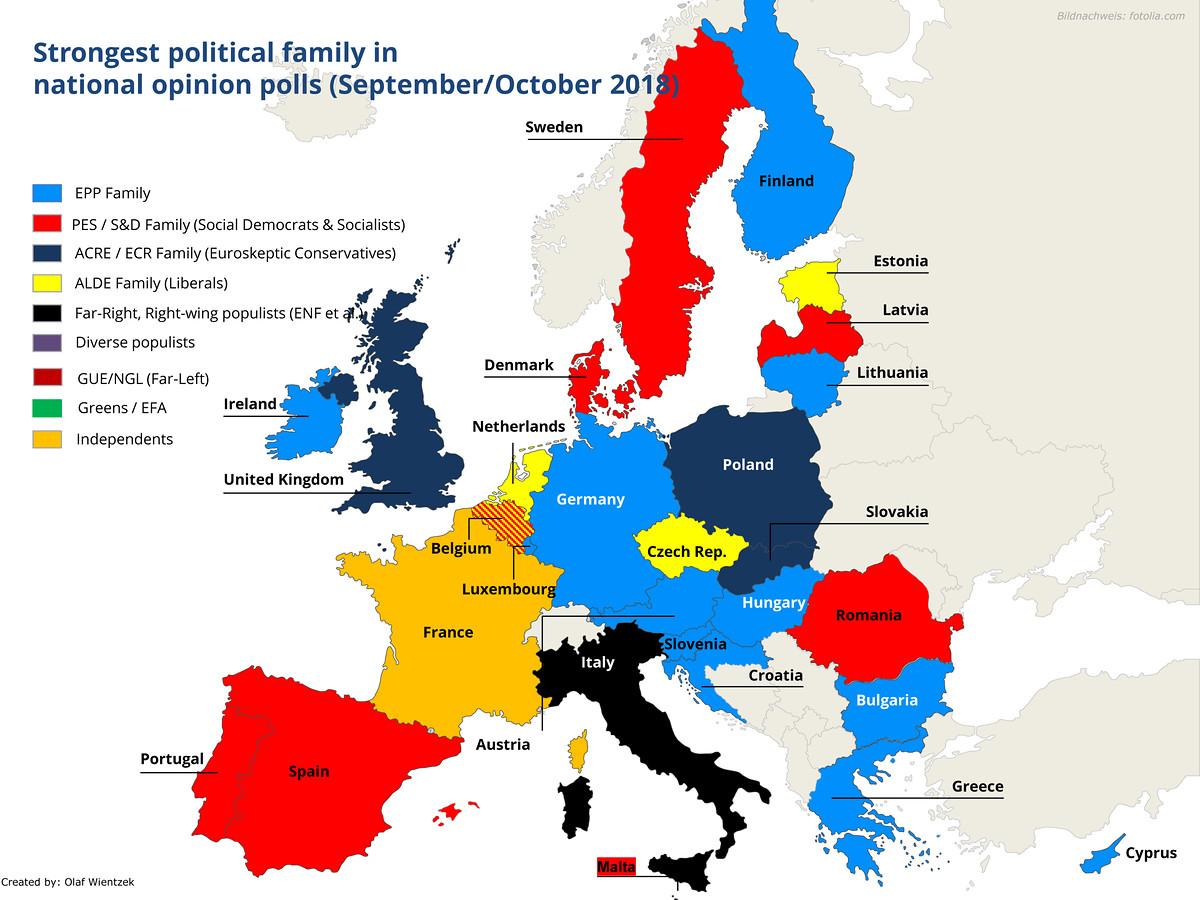
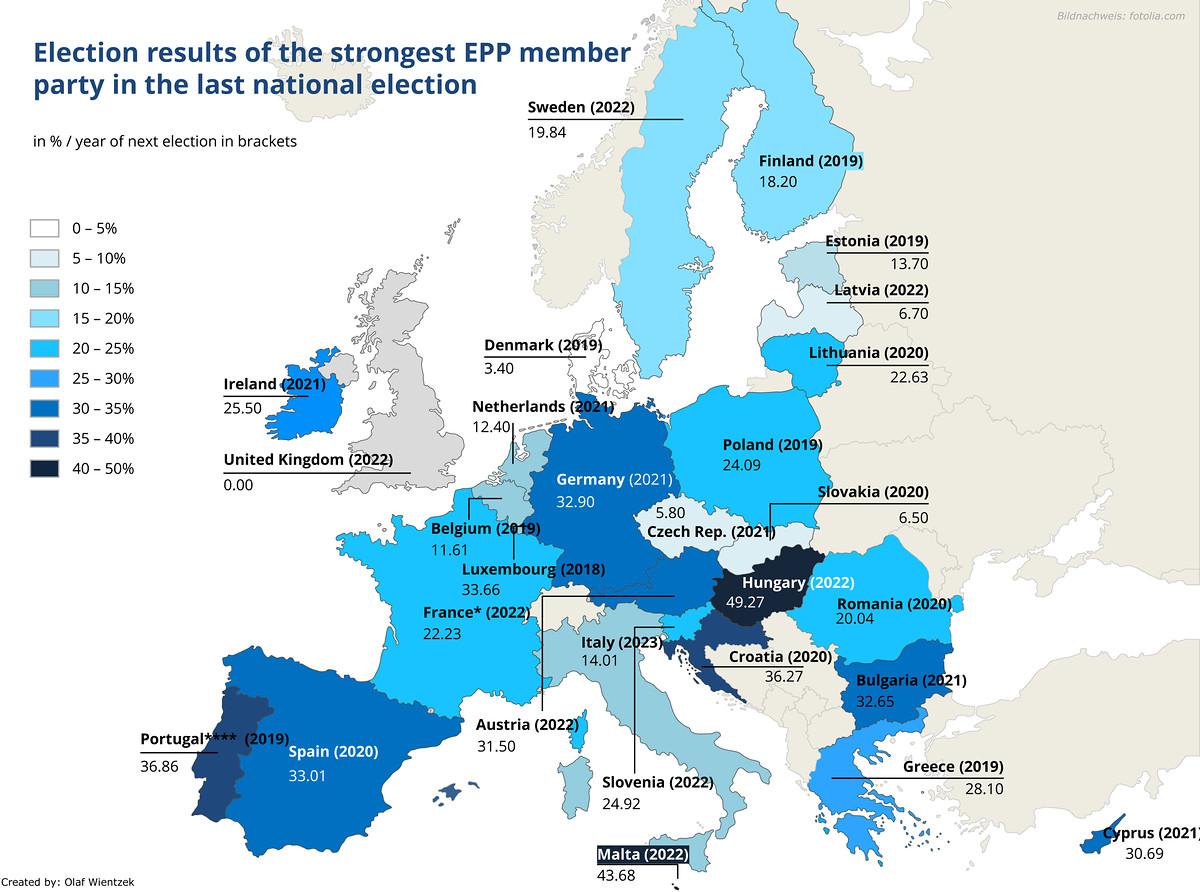
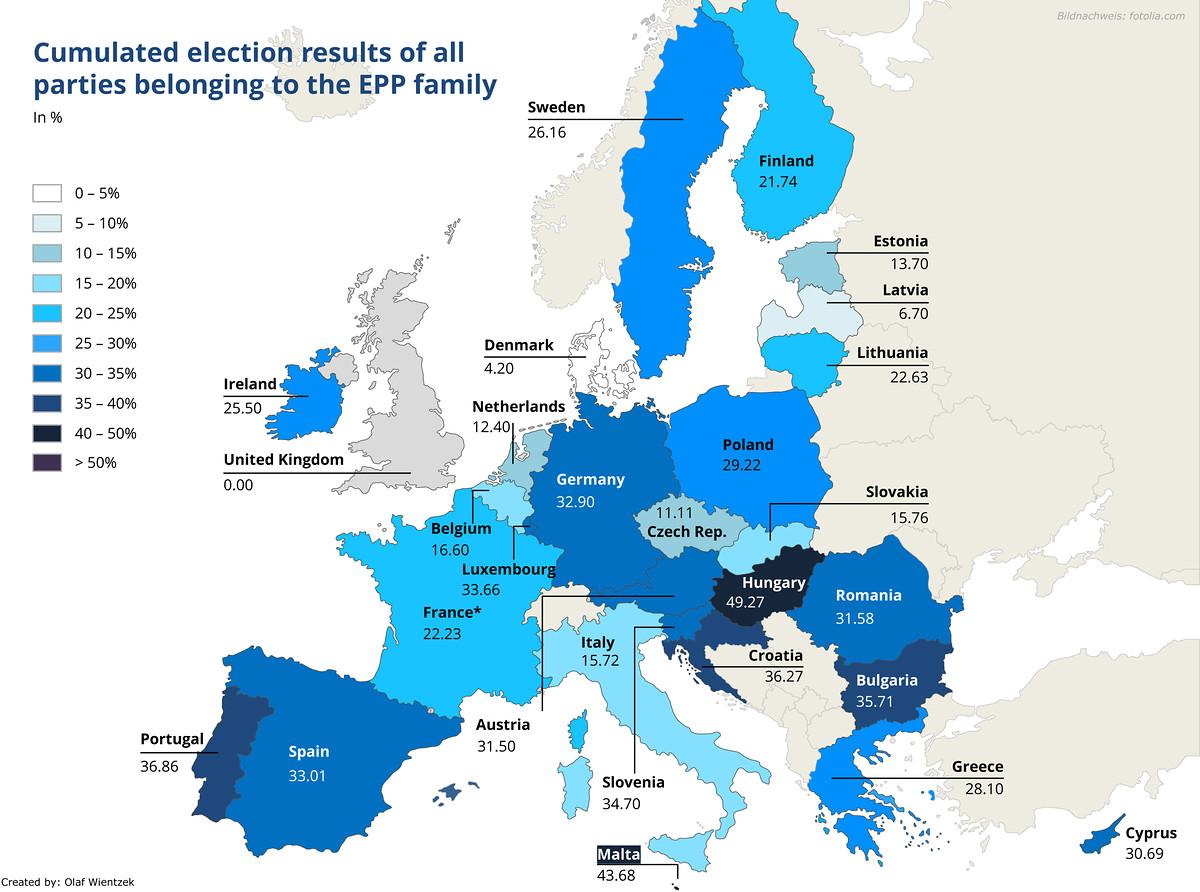
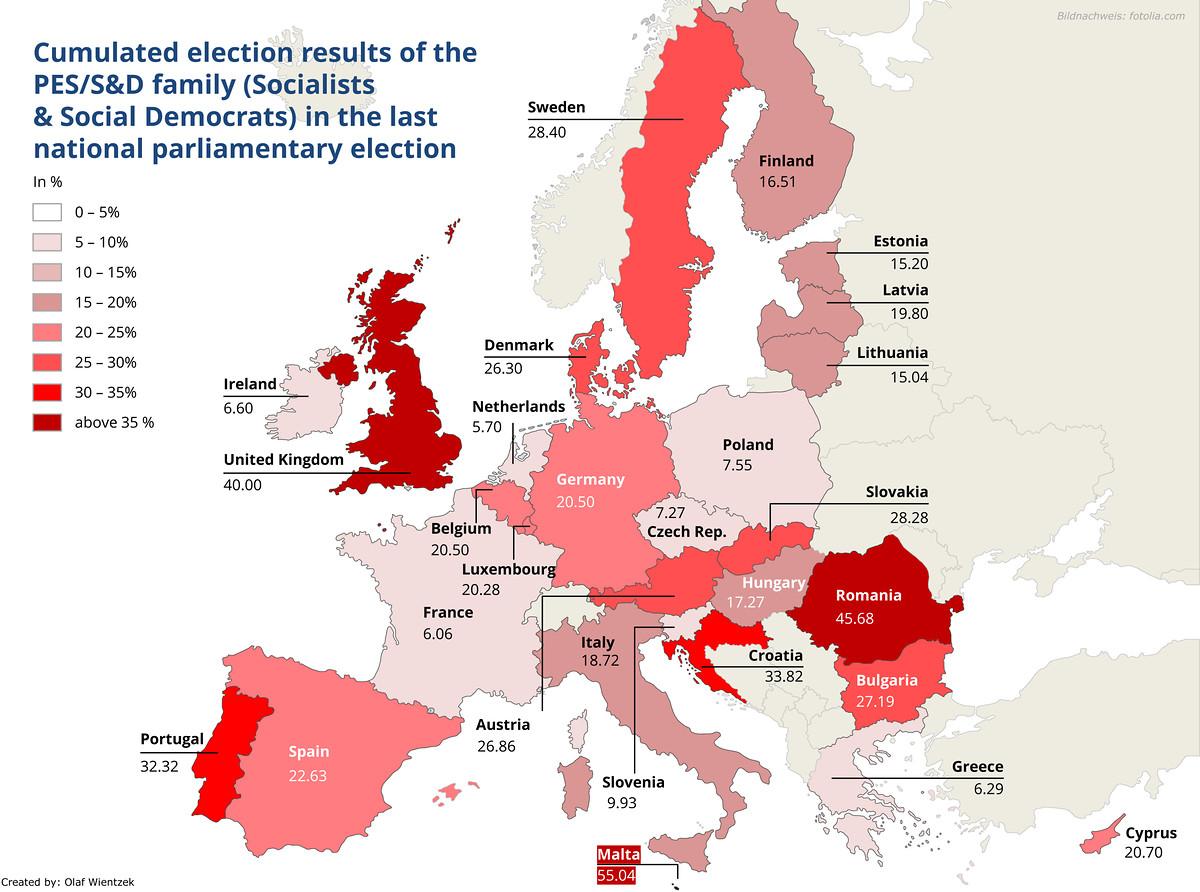
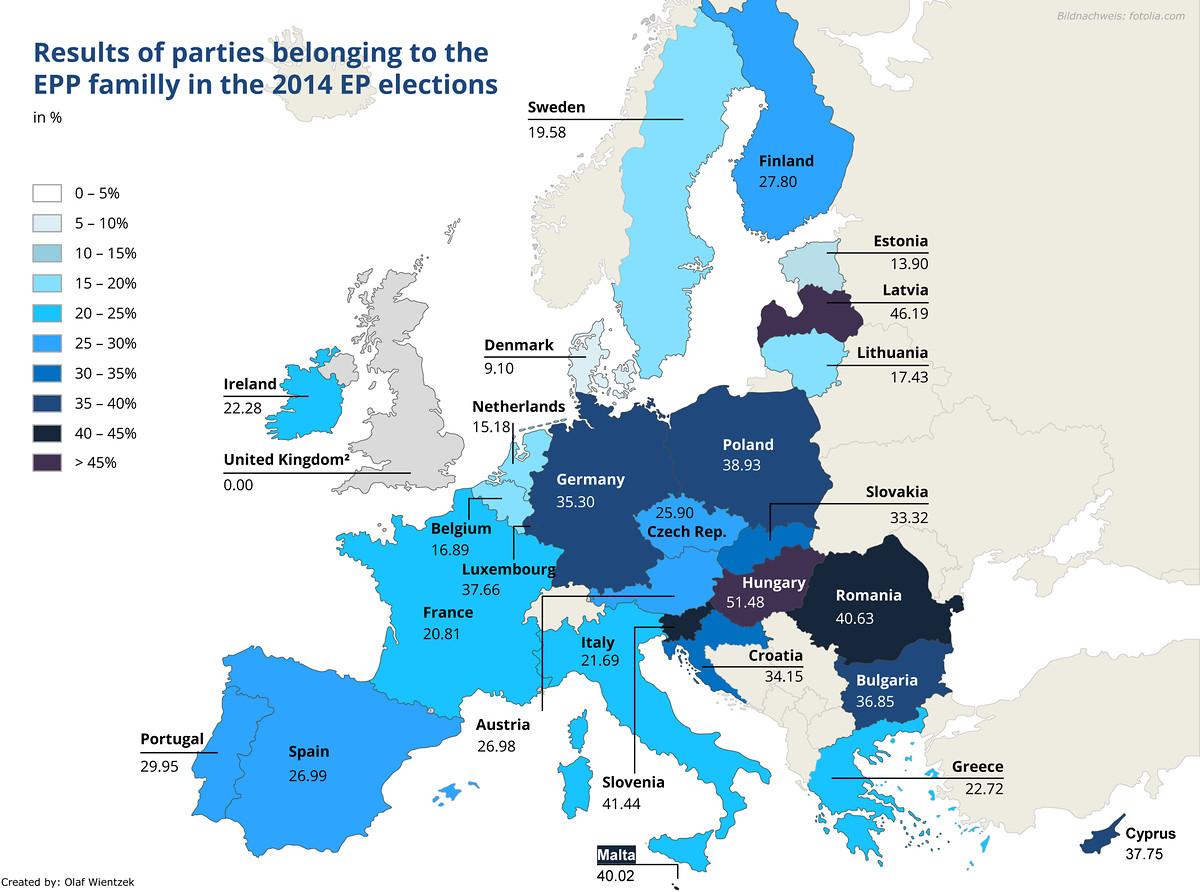
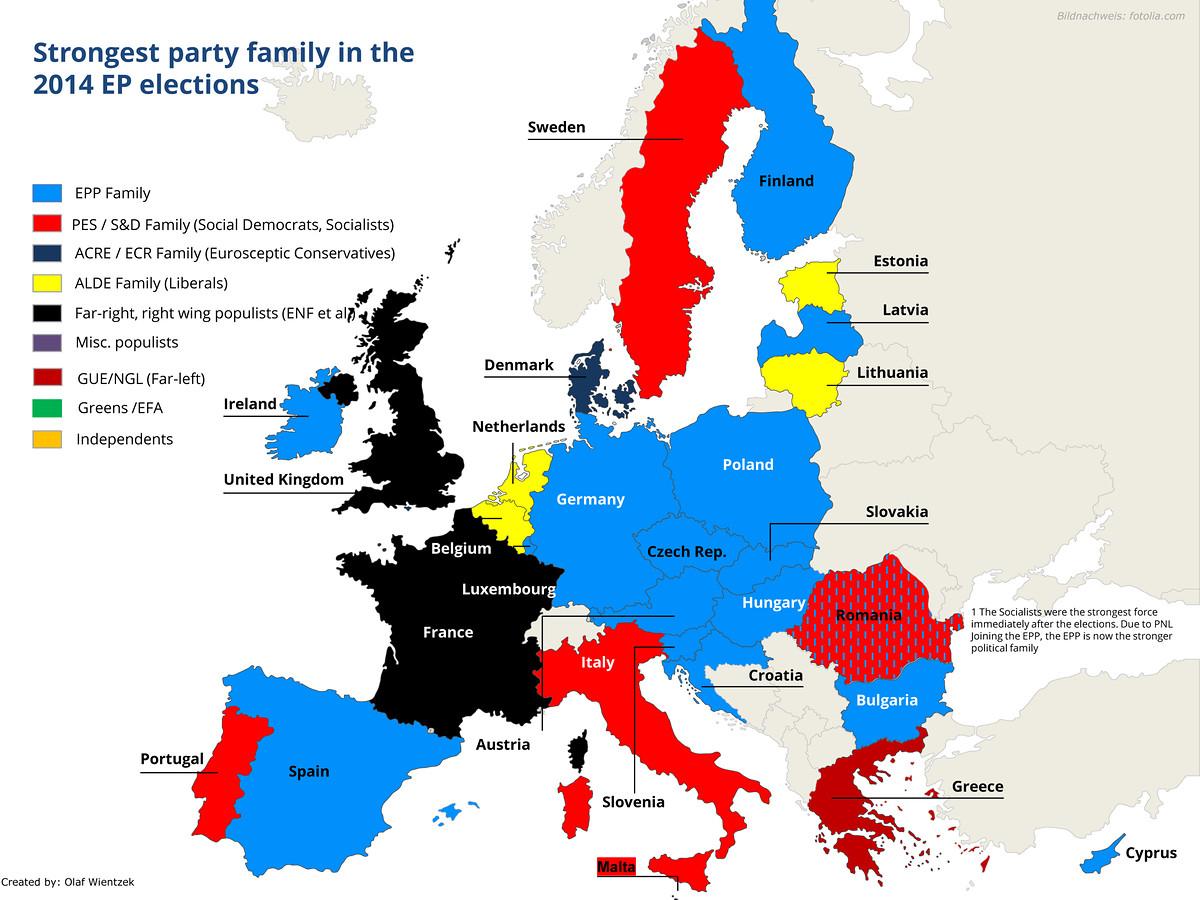
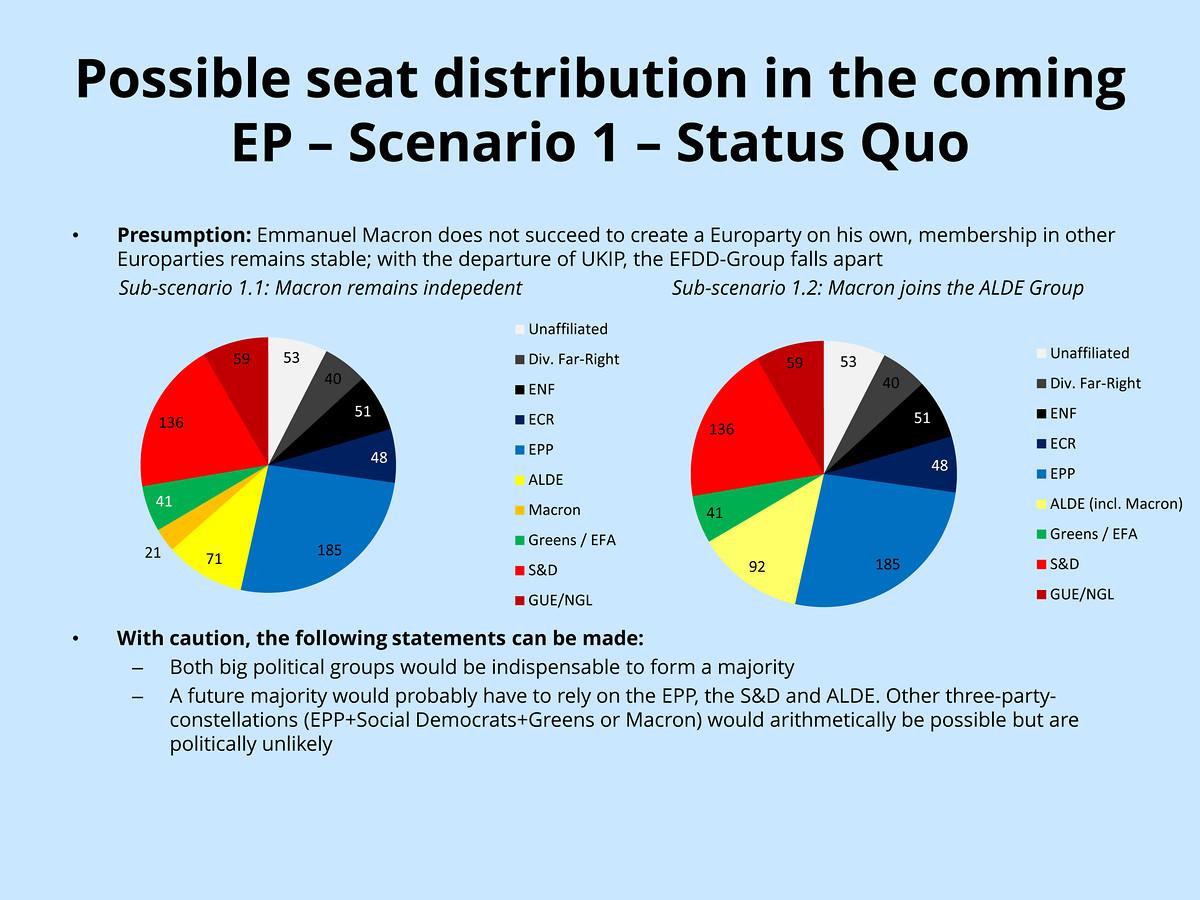
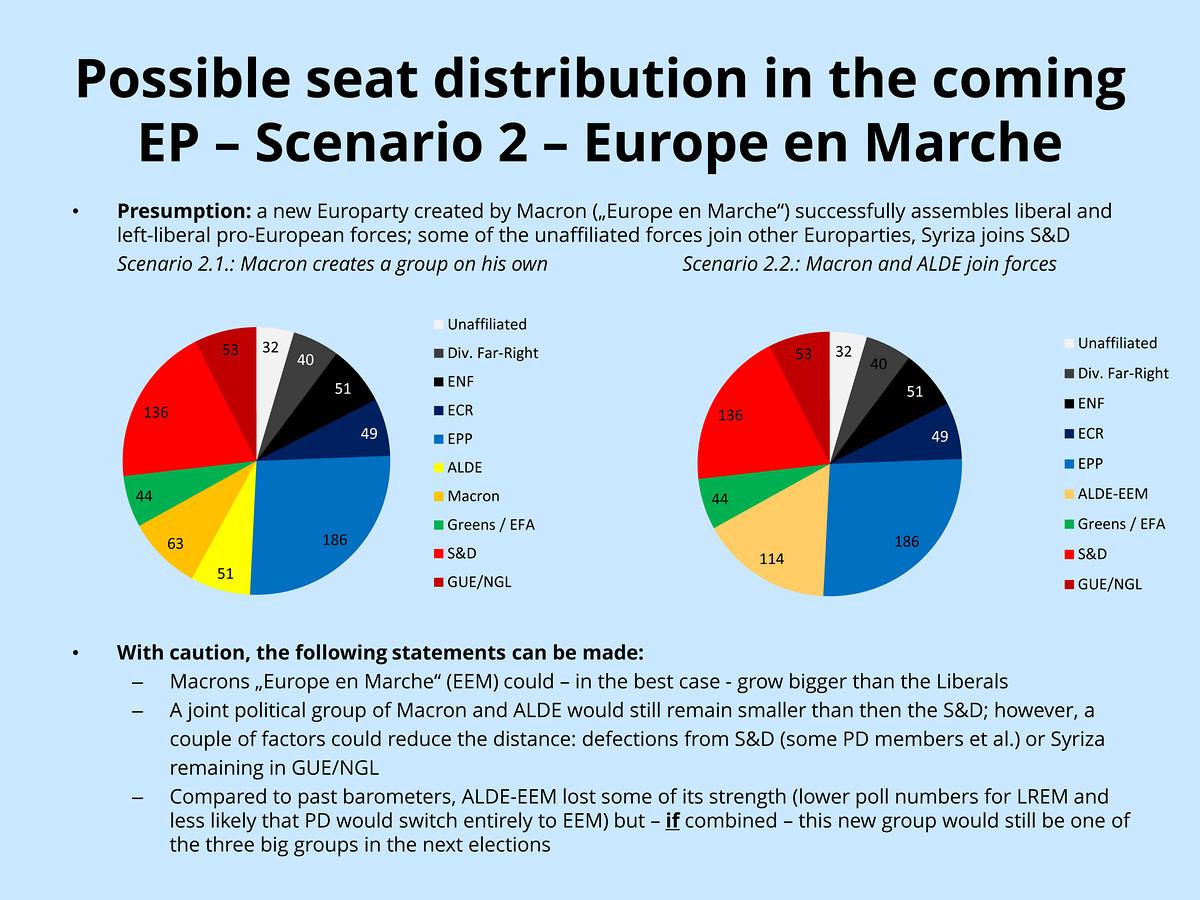
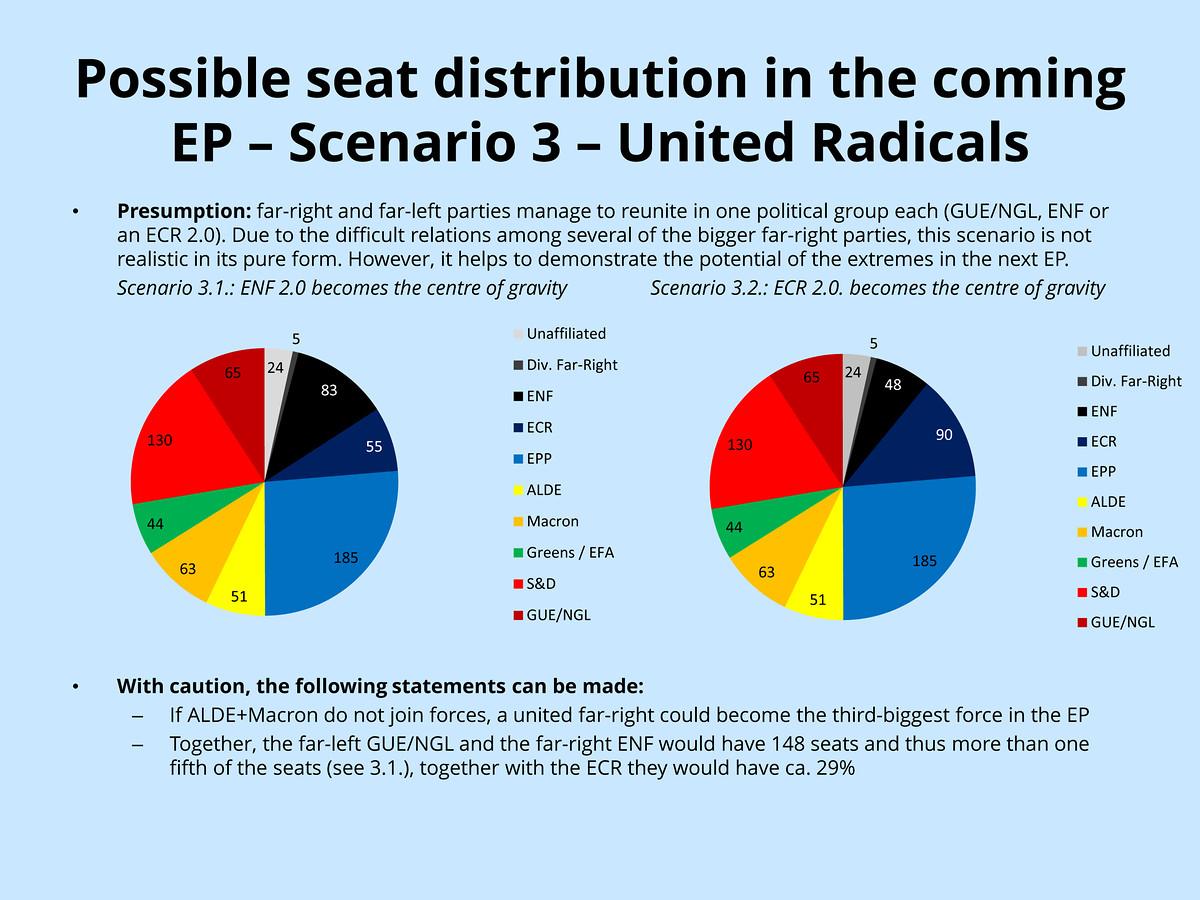
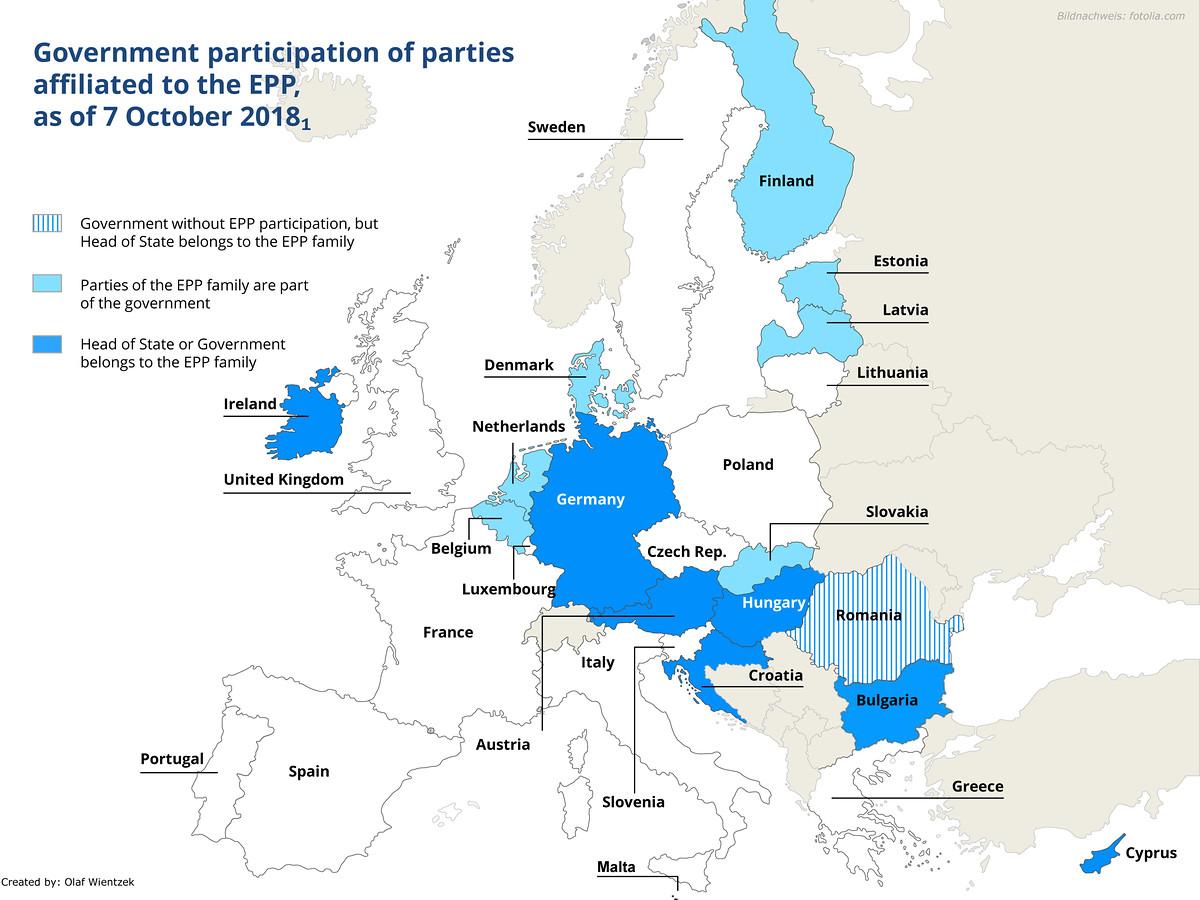
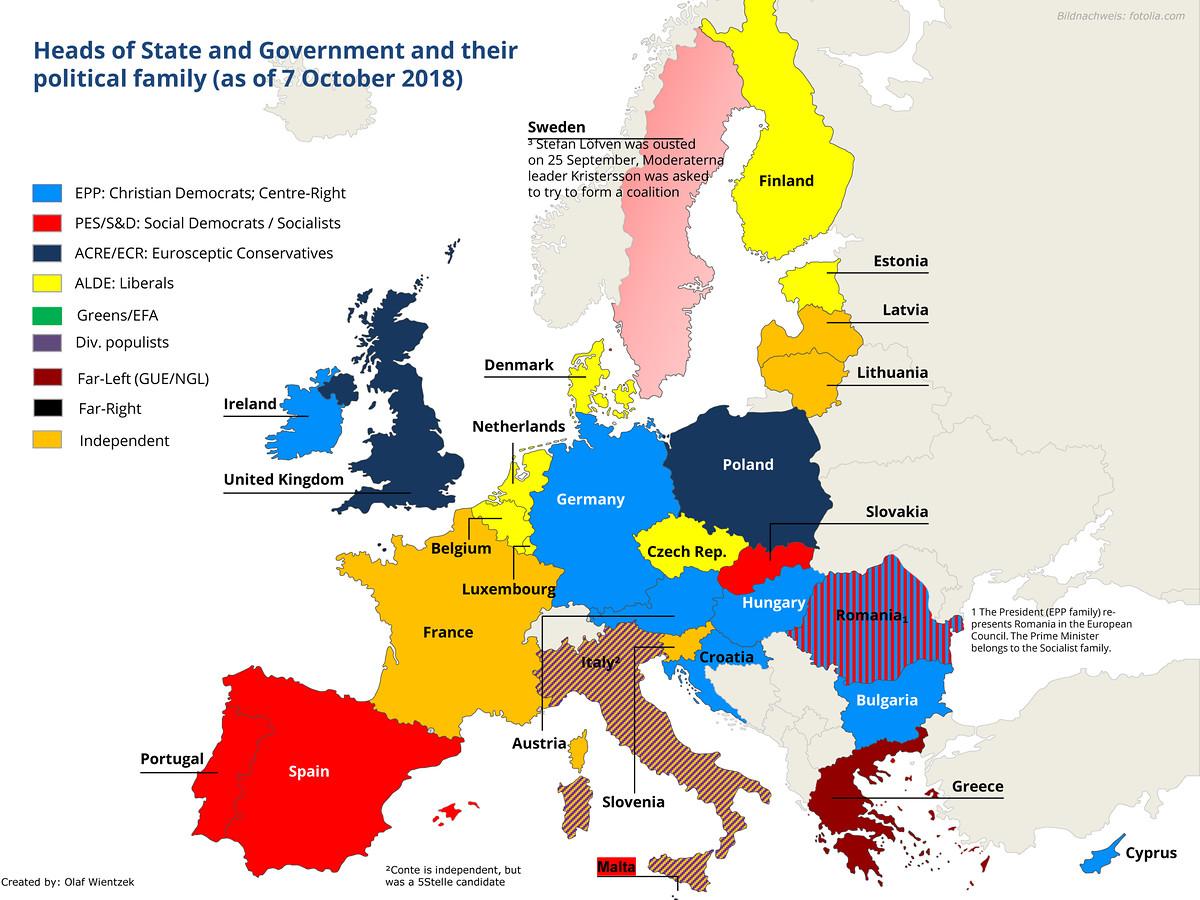
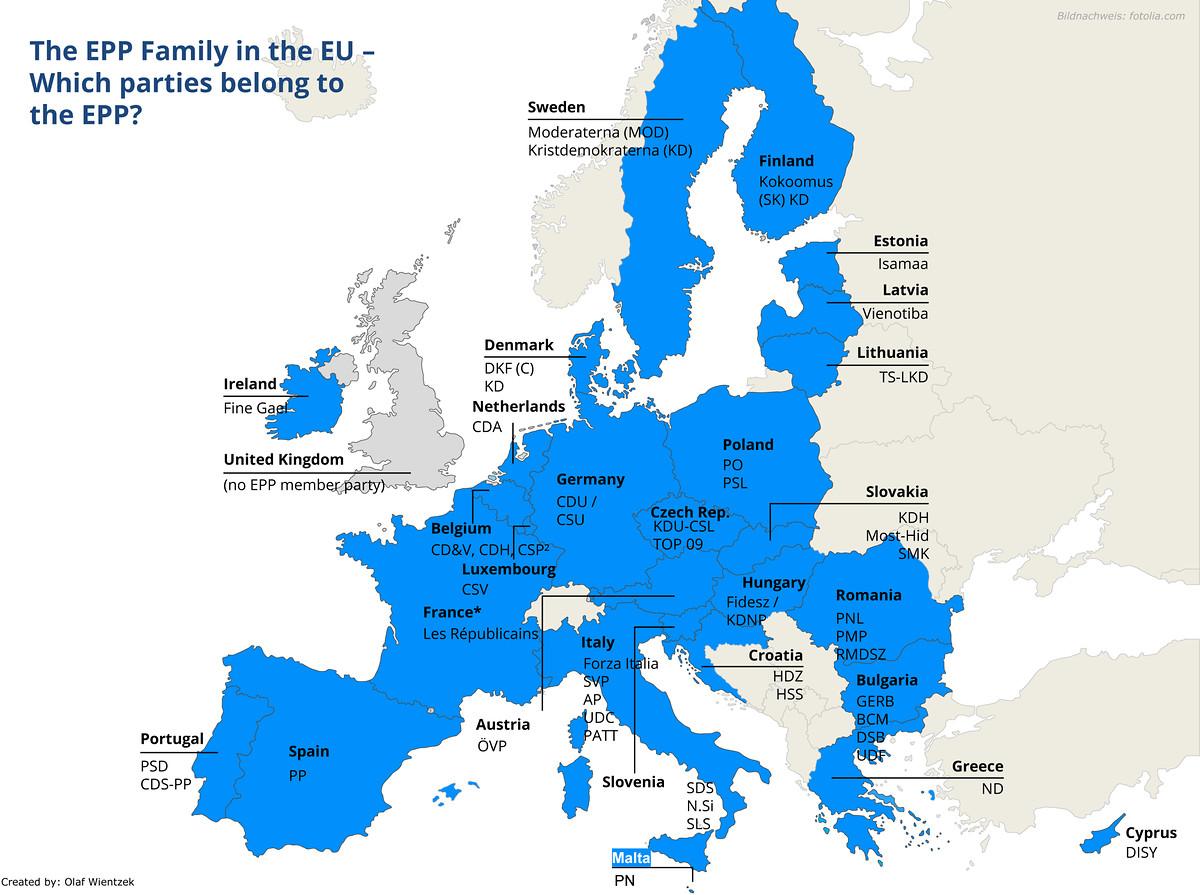

To commit you must sign in.